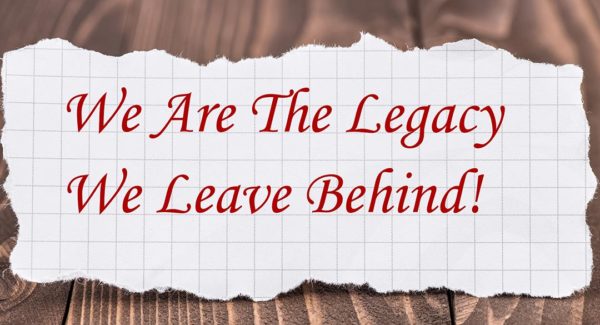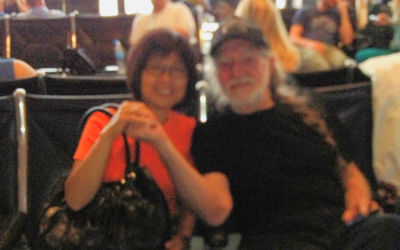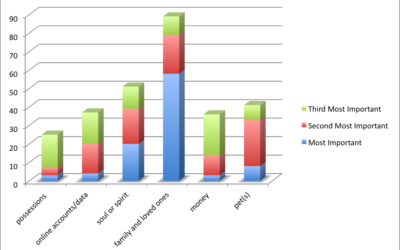What is Elder Law?

Humans with a lifetime of financial ups and downs, myriad experiences and changing responsibilities, depending on the knowledge and money they’ve saved up to face a quickly changing world. Many older humans end up in debt. More still, depend on federal benefits, in all their glory.
Elder law is the law of change.
Changes in health, capacity and companionship lead to demands for different lifestyle choices and housing, whether we can admit it or not. As housing needs change, transitions must be navigated; hopefully with planning and communication, sometimes with mediation, and other times with the old fashioned hammer, court proceedings.
Elder law is the law of illness.
Illness causes diminished physical and mental ability in older humans (again, whether we care to admit it or not), which means they are more susceptible to others in society taking advantage of them. Do we protect them best by working as their agent? Should we employ guardianship or conservatorship? Should we rigorously prosecute those who take advantage of our elders? Can we educate our way out of this problem?
Elder law is the law of the end.
The End is closer at hand, the longer we live. Though we all should have a plan for our inevitable demise, helping our elders means talking about and planning for the illnesses, incapacity, and death on the nearer horizon.
Recent Articles
Legacies, Ethical Wills and the Farewell Email
My work, including estate planning, thinking about digital assets, and community education has me thinking alot lately about different kinds of legacies. In estate planning and in the dictionary, a person’s legacy is defined by the personal property and real property...
“Roll Me Up and Smoke Me When I Die”
Willie Nelson with a fan in Austin-Bergstrom International Airport by Henry Yip Willie Nelson's 'gospel' song "Roll Me Up and Smoke When I Die," which is also the title of his auto-biography, lays out his wishes for 'funeral' and disposal, or final disposition of his...
What Concerns You Most about Death?
Last year, with The Sacred Dying Foundation, we sent out a quick survey via email and social media. We asked 2 questions – The first question prompted participants to rank a list of 'priorities' or 'responsibilities' based on what concerned them most when they thought...




0 Comments